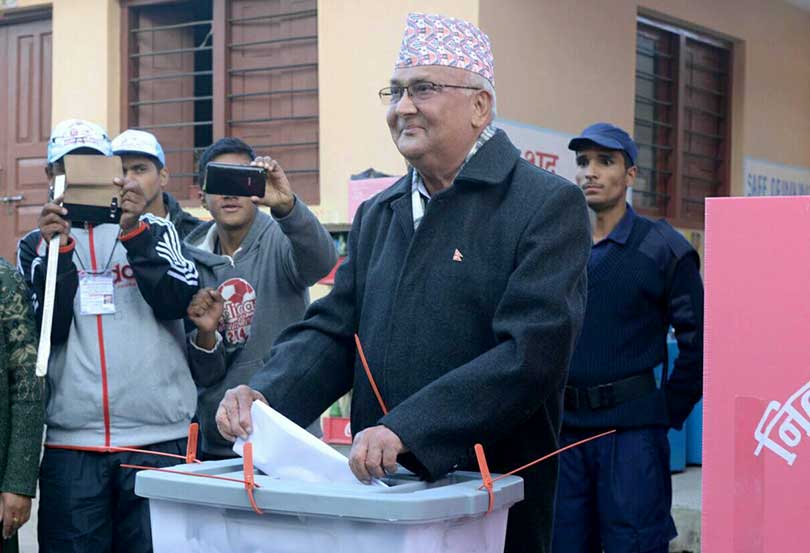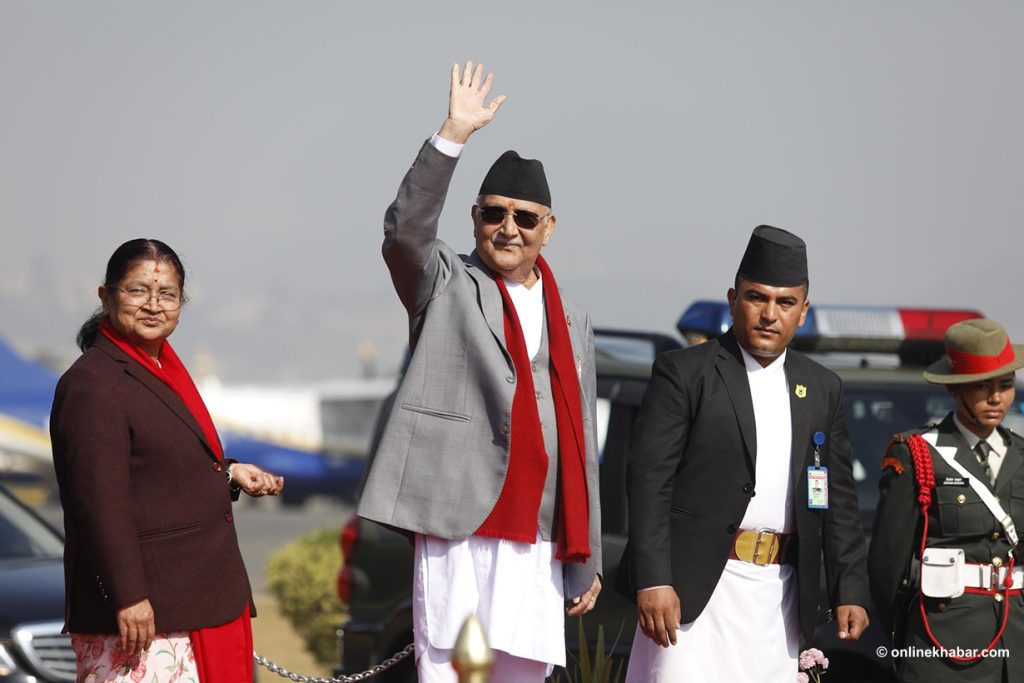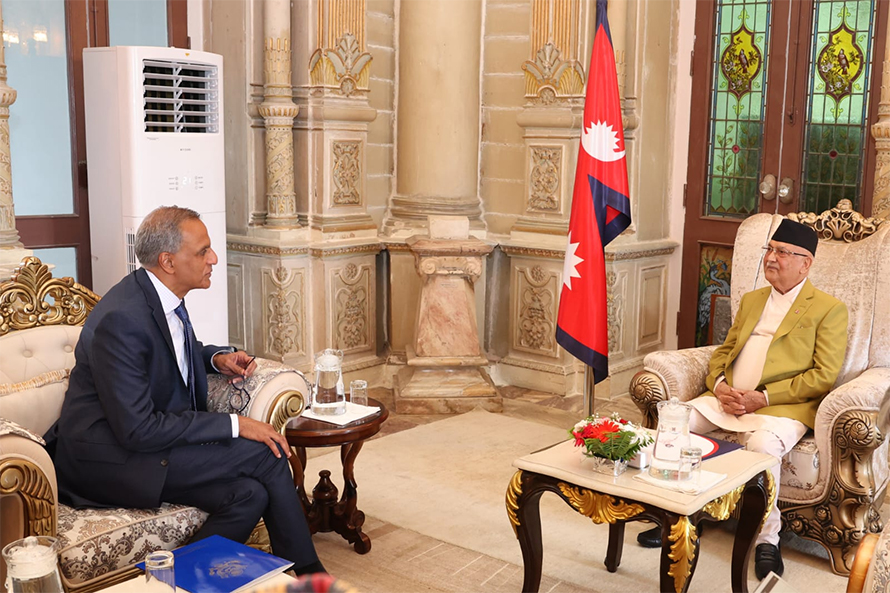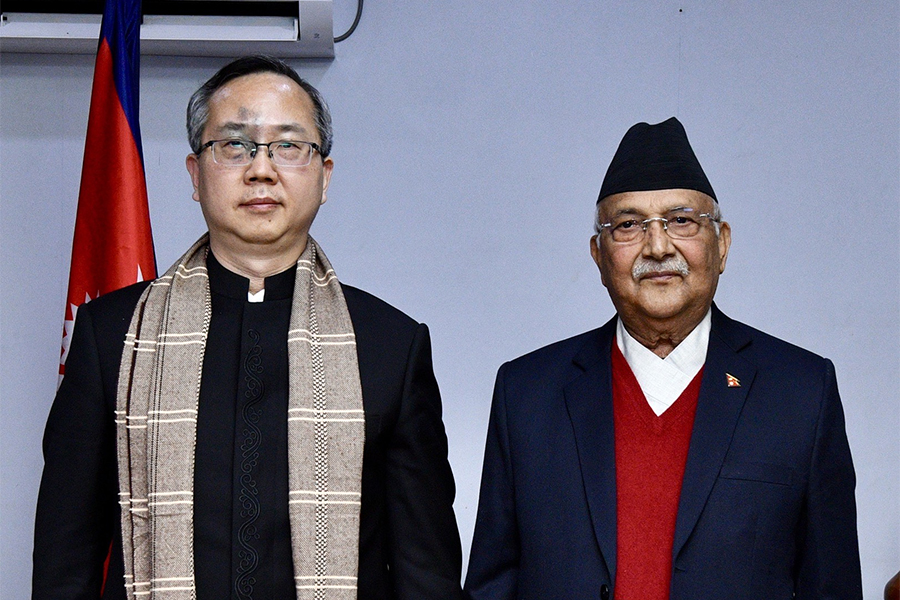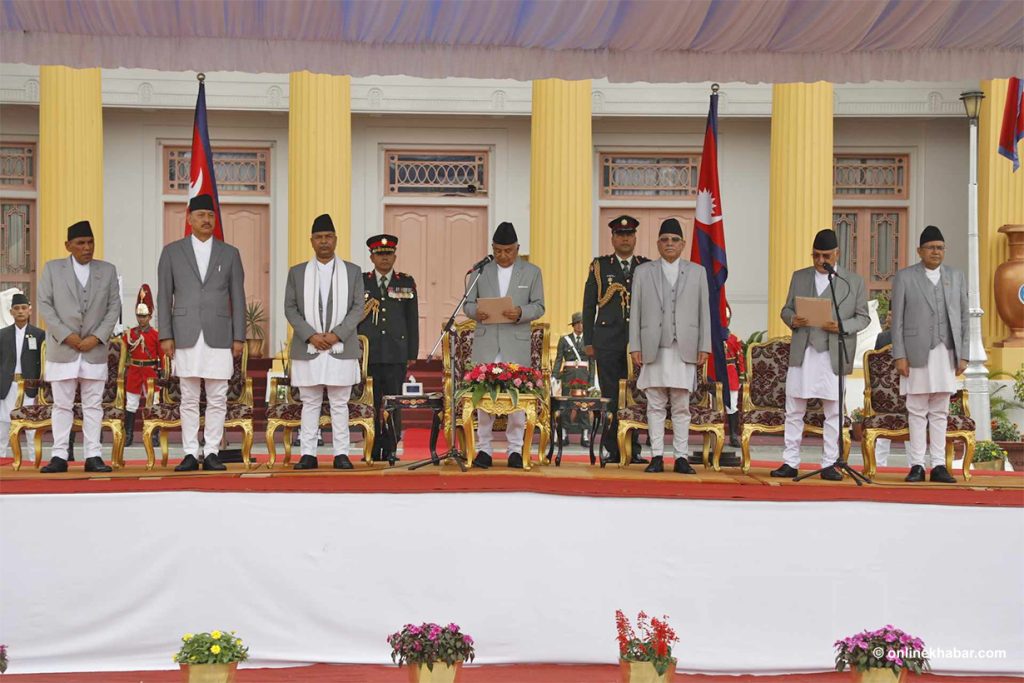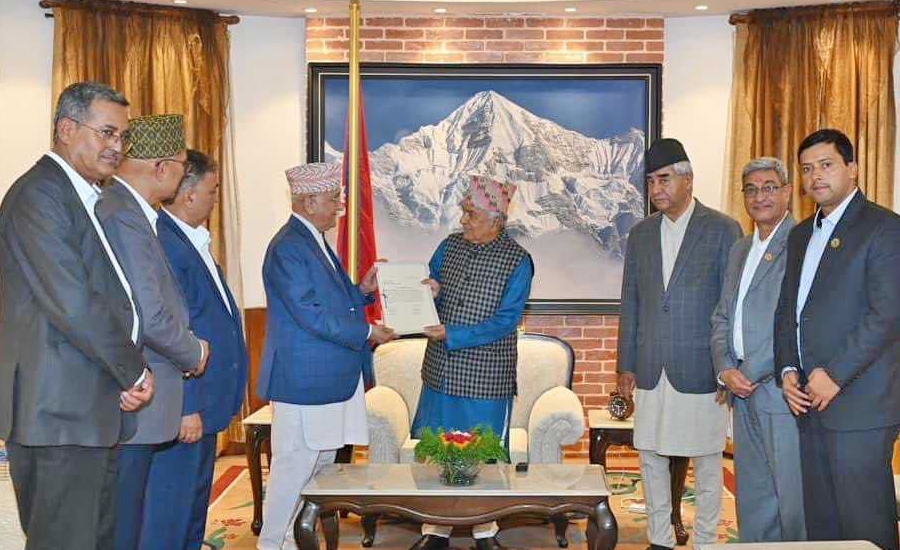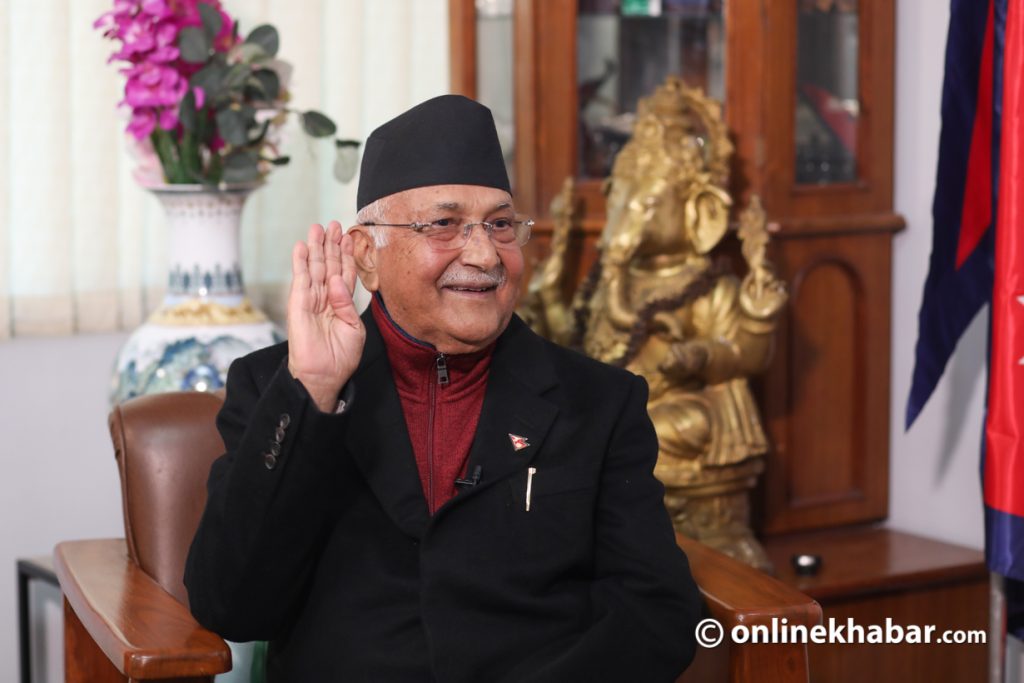Kathmandu, December 21
Everyone knows the government of Nepal is struggling to manage funds for the Covid-19 response. It has been blamed for fewer tests as it apparently fears managing more cases due to the cost.
The government is dependent on donors to import vaccines against the infection, hence it is not certain when a vaccine will arrive in Nepal. In the meantime, the national economy has been hit hard by the pandemic, rendering the government unable to meet its revenue target.
But, now, with the government dissolving the House of Representatives, the country has a greater responsibility to conduct elections of the House of Representatives in April and May next year. The polls are likely to cost more than Rs 20 billion, the amount the government spent on the 2017 parliamentary elections.
So, how does the government will manage this? According to officials and experts in the field, the answer is relatively simple: the government will cut down on the allocated development budget to fund the polls.
“You cannot reduce regular administrative costs. Neither can you cut the budget allocated for public health and education,” former finance secretary Shanta Raj Subedi says. “Ultimately, it is certain that the amount will be generated from development projects.”
Another former finance secretary Rameshore Khanal agrees. “I don’t think there will be a budget crunch for the polls. Nonetheless, whether the elections are a priority and need today is an issue.”
The Ministry of Finance does not have any plan about the elections now. “But, the government has to manage money anyhow although it is not certain how it will be possible,” an official says.
“Perhaps, options will be explored after the finance minister will brief us about the situation,” the ministry’s spokesperson Rameshwar Dangal says.



